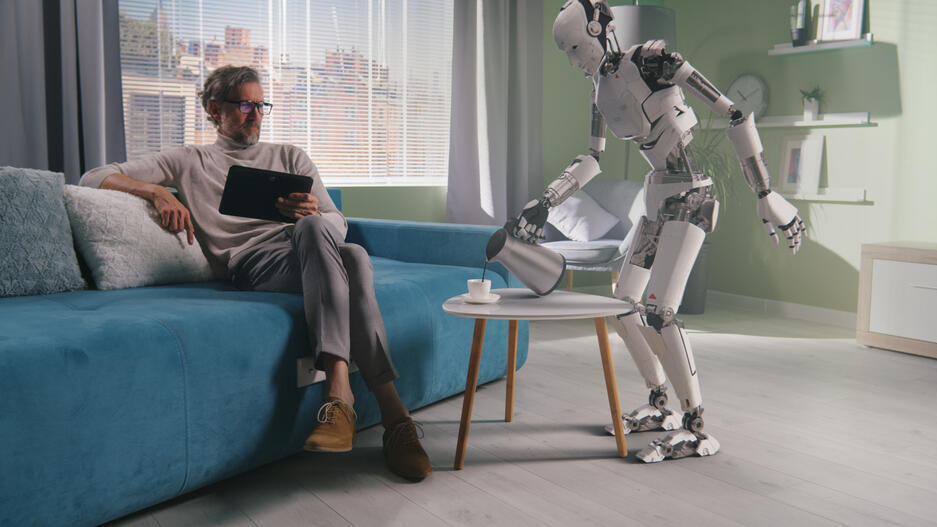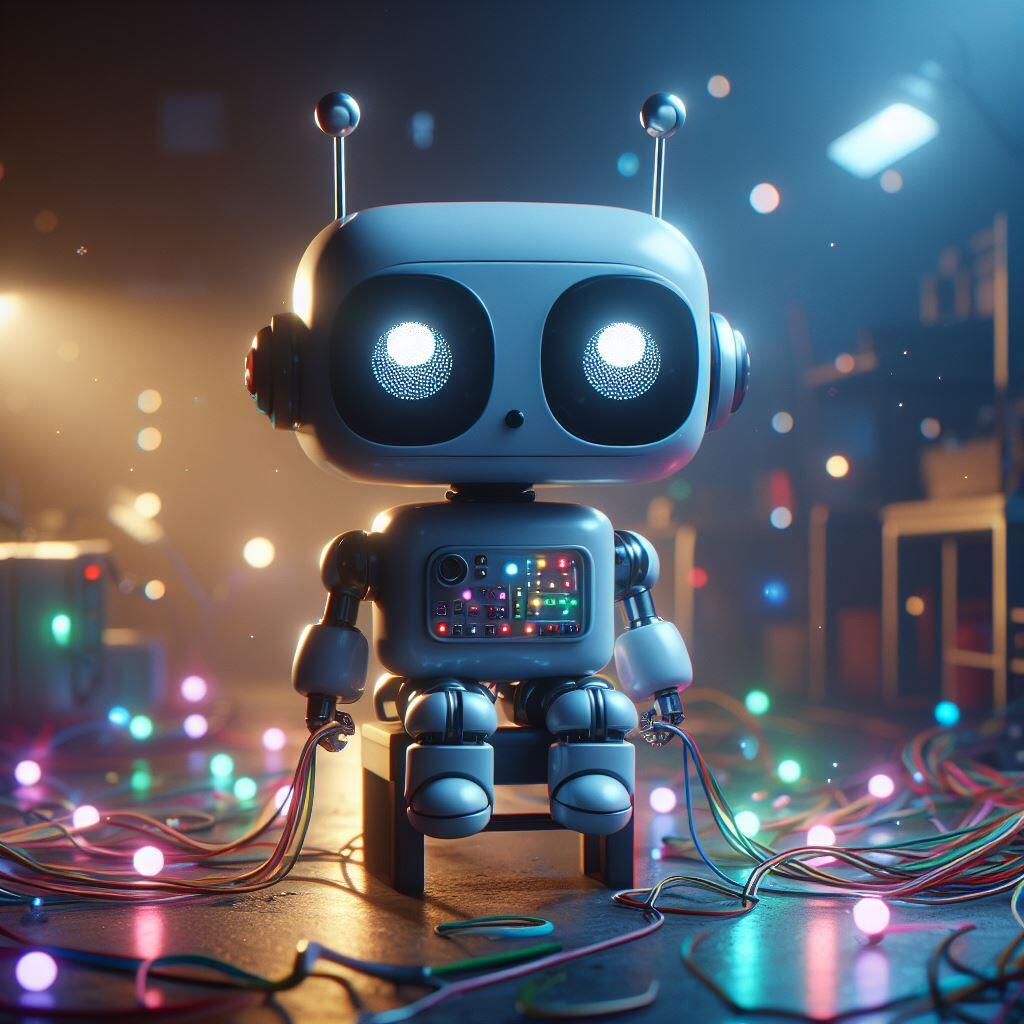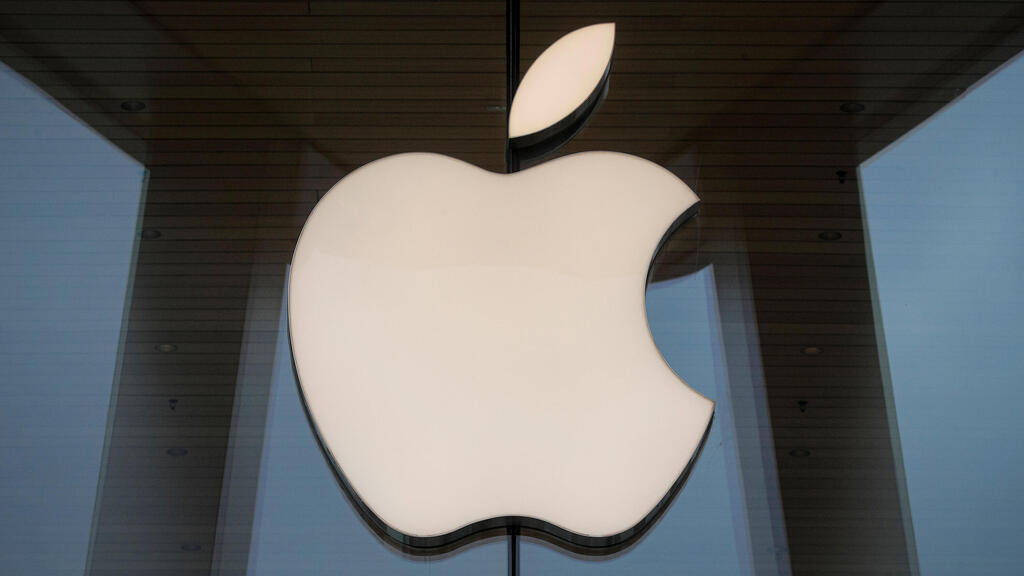Apple is continuing to advance its robotics project. A report in the U.S.-based outlet Bloomberg on Sunday revealed some of the researchers assisting in the development of these robots are Israelis coming from the Technion Israel Institute of Technology. The project represents a cutting-edge initiative for the iPhone manufacturer.
After canceling its autonomous car project earlier this year, the company needed to find a new technological category to help expand its already deeply integrated product lineup into the daily lives of users and customers. Leading the project is Kevin Lynch, Apple's vice president of Technology, who previously headed the company’s car project.
While the iPhone manages our personal communication, the iPad provides a screen for entertainment and media consumption, the Mac offers a computer for work and study, the Apple Watch helps us maintain our health, the Apple TV provides television entertainment and the Vision Pro aims to add an additional layer of information to the world around us, robots are expected to help Apple add another dimension by helping us in our daily lives at home and at work.
At this stage, however, Apple's project isn’t overly ambitious. As was reported in April, Apple is currently focusing on a robotic arm that will be integrated with the iPad, primarily intended for kitchen use. The company believes this to be the most logical initial use case – one that will help customers get used to the idea of a machine capable of assisting with household tasks.
And what is one of the most demanding tasks today? Cooking, of course. While many find it enjoyable, preparing meals for the family takes up a significant amount of time that could be spent on leisure activities. Apple believes this is an issue worth addressing.
It’s estimated that such a product if it comes to fruition, won't hit the market before 2026 or 2027. If the company finds success with this, it’s expected to develop mobile robots and possibly even androids (human-like robots) in the future.
The company outlined a series of problems that the project is intended to address:
1. The device is only useful if it’s within arm’s reach. For example, if we need a computer but it’s not near us, it doesn’t serve its purpose. Or maybe our hands are occupied with another task.
2. We might want to take a photo or join a video call, but we aren’t sitting in front of the device or holding it at that moment.
3. Perhaps we want to check on something at home even though we aren’t there.
Using an iPad with a robotic arm is an initial solution, but the company ultimately aims to turn robots into real-world assistants. They could load dirty laundry into the washing machine or iron our shirts. Maybe they could scrub stubborn stains off the floor or fix something that’s broken.
However, don’t expect a robotic butler anytime soon; this is still a vision for the future and involves nascent ideas. For instance, such robots would be very expensive initially, and it’s unclear whether customers would be willing to spend a fortune on a device that washes dishes or folds clean laundry.
Another challenge Apple faces is that robotics requires the integration of artificial intelligence (AI) with hardware and sensors, something the company has yet to fully master.
While the car project provided sensor technology and the biometric recognition systems of the iPhone and iPad (technology based on the acquisition of Israeli company PrimeSense about a decade ago), and while Apple excels at compact computational power, when it comes to AI, the company lags behind — especially when compared to what Google or Microsoft currently offer.
It's no coincidence Apple CEO Tim Cook made a strategic pivot to focus resources on developing a new version of Siri. But in the meantime, although Apple doesn’t explicitly say so, much of its AI is based on competitor technology.
At its last developers’ conference, the company half-admitted that OpenAI would be available to its users through a collaboration agreement. Apple even attempted to acquire robots, such as when it tried to buy the longstanding robotics startup Boston Dynamics a few years ago.
While the project partners show a lot of enthusiasm, given the number of projects Apple has canceled over the years, we should consider the possibility that we might not see an iRobot made by Apple anytime soon.




